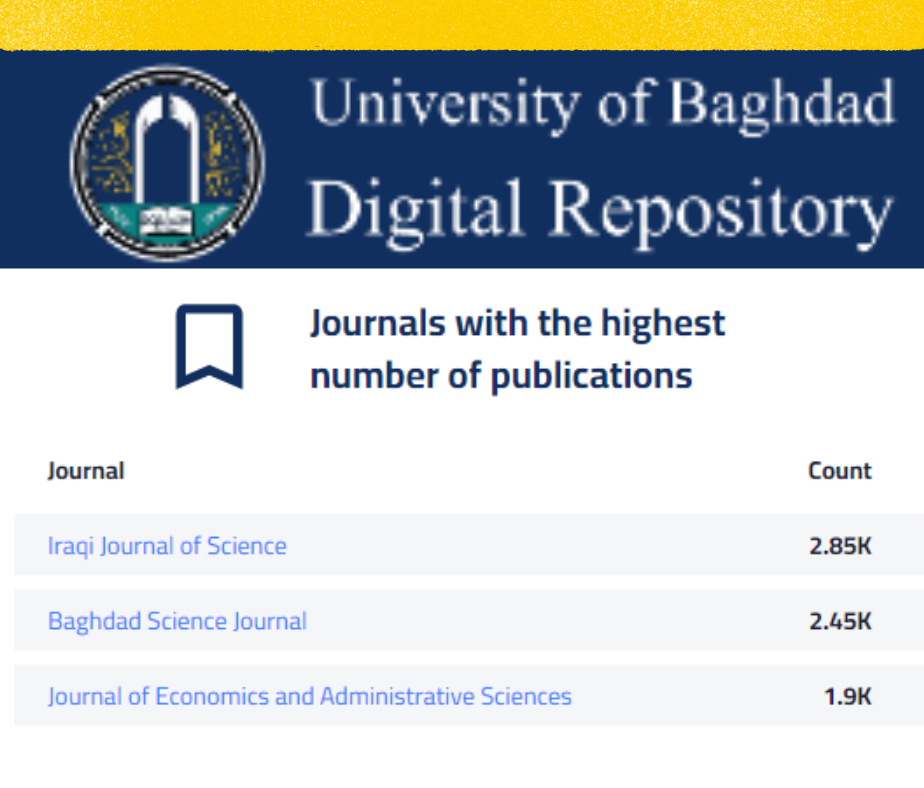Industrial Policy and Development in Developing Countries (The Proponents and the Opponents
DOI:
https://doi.org/10.33095/jeas.v20i76.644Keywords:
: Industrial Policy, Newliberalism, World Trade Organisation, Protection,Trade Policy, Economic Development, Industrialisation, Developing Countries, Intellectual Property Washington Consensus, Globalization, Conglomeration, Industrial Clusters, market Failure, Government Failure.Abstract
This paper aims to discuss and analyse the role and importance of implementing industrial Policy to promote industry and enhance economic development in developing countries. The paper discusses the economic justifications for using industrial policy as well as the criticisms leveled against it, for this purpose it analyses the ideas of two different approaches to industrial policy. The first held by the neo-liberals in the USA , who oppose the use of industrial policy and emphasise the role of the market in attaining economic development. The second, represented by many economists who support the use of industrial policy to promote industry and accelerate economic development, they justify their stand by pointing to the negative impact on developing countries of Globalisation and the rules of World Trade Organisation.
The paper concludes, in the light of the analyses, that there seems to be a need for using a carefully designed industrial policy in developing countries to achieve economic development, as well as modifying the rules of WTO to cater for the spacial needs of those countries.
Downloads
Published
Issue
Section
License
Articles submitted to the journal should not have been published before in their current or substantially similar form, or be under consideration for publication with another journal. Please see JEAS originality guidelines for details. Use this in conjunction with the points below about references, before submission i.e. always attribute clearly using either indented text or quote marks as well as making use of the preferred Harvard style of formatting. Authors submitting articles for publication warrant that the work is not an infringement of any existing copyright and will indemnify the publisher against any breach of such warranty. For ease of dissemination and to ensure proper policing of use, papers and contributions become the legal copyright of the publisher unless otherwise agreed.
The editor may make use of Turnitin software for checking the originality of submissions received.













 How to use the OJS system
How to use the OJS system 











